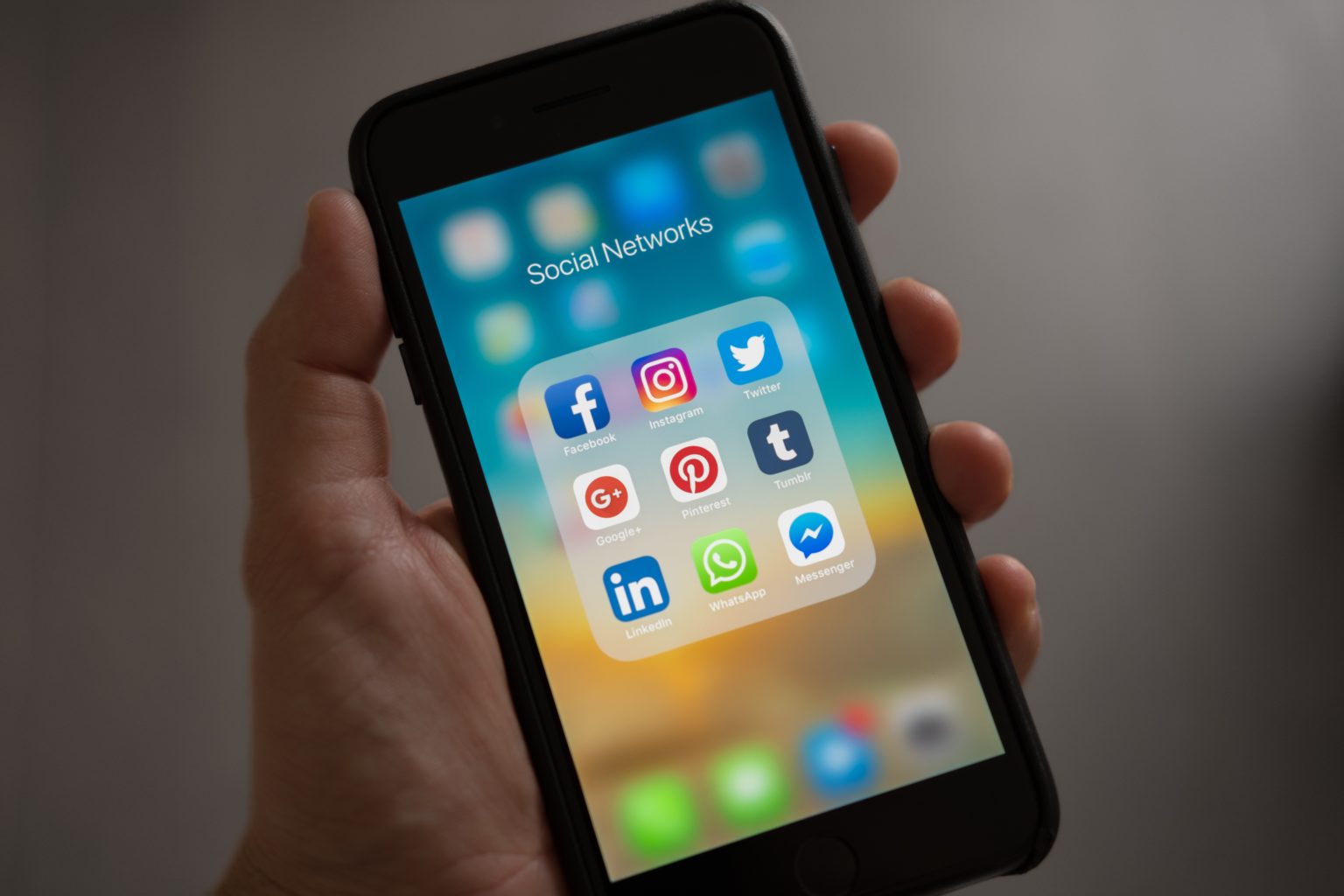At the risk of getting sidetracked by all the ways in which social media (SM) exasperates me but at the same time, draws me in, I’m going there anyway.
Simply put, my ambivalence really reflects my love-hate relationship with SM. At times, I find myself annoyed by — and envious of — those who seemingly lead fairytale lives.

Scrolling through a wide range of posts
Fortunately, if I keep scrolling, soon enough I’ll encounter a heartwarming post from a friend of yesteryear who’s gratefully sharing happy news after a stretch of unfortunate luck.
Another scroll, and I’m saved by a funny, sarcastic meme. And then I’m whiplashed back again — this time by feelings of frustration, disappointment and annoyance by someone’s vitriolic post that oversimplifies some point such that the world is divided into those with us and those against us. Later, my appreciation is restored by a very civilized dialogue among people with differing perspectives who can debate thoughtfully enough that I find myself conceding to some points made by the “other side.”
And so it goes — in relatively short order, I can love, then hate, then love again social media.
Notwithstanding my own very mixed feelings about SM, I’m decidedly not so when it comes to advising my injury clients.
Clients are advised to exercise caution with posts

For them, the call is both easy and straight-forward: Just. Say. No. By that I mean, no …
- to the urge to share about the accident you just got in
- to post pictures of what the cars look like
- to updates about what your doctor said at your appointment
And later on, it’s still no….
- to sharing a picture of the big redfish you just reeled in
- to checking in at Sheikra Busch Gardens
- to posting the video of you wakeboarding
- to showing off pictures of the DIY home project you just finished
Be assured that the insurance company fighting your injury claim would love to get their hands on information about how you’ve been leading your life since the accident, especially when you’ve been leading your best life.
Claims that you’ve been injured can be undermined by your posts about your hobbies, vacations, Sharing about your hobbies, vacations and excursions and your activities has the distinct potential of undermining claims that you’ve been injured. It also casts doubt that you can’t enjoy your life like you once did or even that the accident and your injuries have caused you emotional distress.
Privacy and security settings only do so much
Even setting your social media accounts to private so only “friends” can see your posts only protect you so far. The same applies if you deactivate or close your account. The other side often will seek to gain access to your social media accounts if your injury claim can’t be settled without filing a lawsuit.
This includes getting information about your activities both before and after your injury. Florida courts have allowed that access even in the face of privacy concerns and regardless of the selected privacy setting.
By advising my clients to just say no, we minimize the risks of damaging or even destroying their case.
Ultimately, we all, myself included, would probably benefit from taking a hiatus from social media.